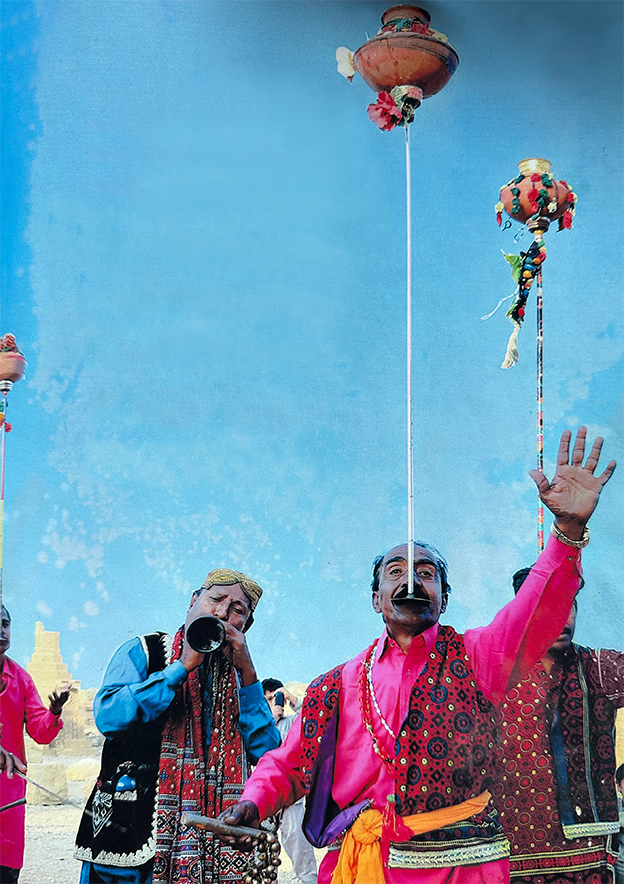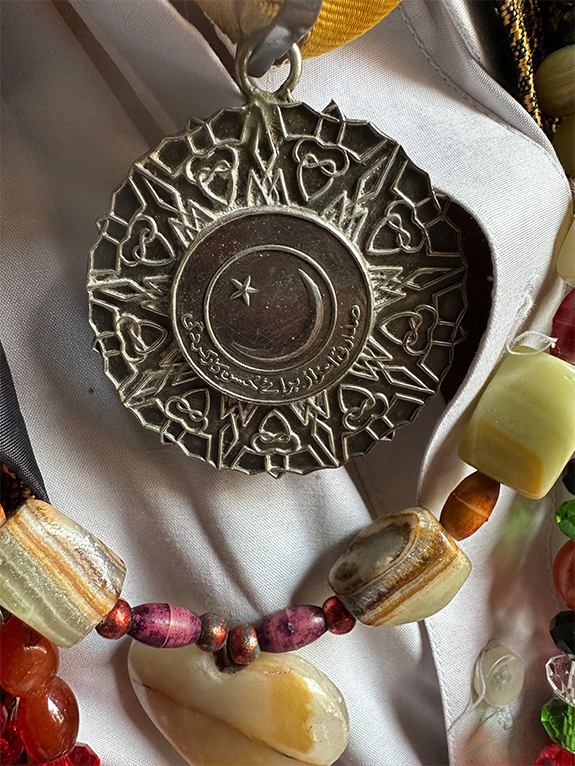KARACHI: After scouring online portals and visiting auto dealers in 2022, Shahid Ali concluded that used cars were quite expensive in Pakistan and decided to wait and watch.
A year later, Pakistan’s national currency took a nosedive, bringing down Ali’s hope of buying a used Suzuki Cultus car with it.
A father of four and a salesman by profession, Ali wanted a 2005 Suzuki Cultus when he felt the asking price of Rs450,000 was too high. The car has since appreciated by over 33 percent and is now valued at Rs600,000.
Pakistan’s foreign exchange reserves have fallen from $16.38 billion to $3.08 billion since February 2022, registering a decline of over 81 percent. The declining reserves have also proved detrimental for the national currency that touched historic lows in recent days and depreciated by 36 percent against the US dollar in the last 12 months.
The rupee devaluation and Pakistan’s import restrictions on raw materials have had a cumulative effect on car prices in the country that surged by an astronomical 35 to 40 percent in local market. To make matters worse, the prices of raw materials surged in the global market as well.
“I thought it was better to wait [as I was] expecting prices to come down,” Ali told Arab News. “But the outcome was contrary to my expectations and the prices kept on mounting.”
In Pakistan, cars are not the only commodity that have largely become unaffordable. The government has increased the rates of petroleum products at least three times since last year.
The prices of new and used automobiles in Pakistan run parallel. When new cars become more expensive, used cars also get costly and by about the same proportion.
The Pakistani rupee recorded its single-highest gain against the greenback on Wednesday, appreciating by 1.08 percent and gaining by Rs2.96 against the US dollar. However, this still implies that one US dollar is still worth Rs 273.

The infographic shows the devaluation of Pakistani rupee against US dollar between January 25, 2023 and February 9, 2023.
The currency devaluation has hit Pakistan’s low-income segments hard, spiking the rates of almost every product, including raw material and food items, while causing inflation to jump to 27.6 percent in January 2023.
“Within two months, some of the companies have increased car prices twice while others have expressed intent to do the same,” Hajji Muhammad Shahzad, chairman of the All-Pakistan Motor Dealers’ Association (APMDA), told Arab News.
“Obviously, when the prices of new cars increase and their availability becomes scarce, the prices of used cars will [also] increase,” he added.
Suzuki Motors and Honda, two of Pakistan’s major automakers, raised the prices of cars within the range of Rs115,000 to Rs355,000 and Rs300,000 to Rs550,000, respectively. Toyota Motors increased the rates of various models by up to Rs1.2 million, according to the company’s notification issued to dealers last month.
“As a result of the new vehicles, the hike that we have seen in the prices of used cars has been around 30 to 40 percent, depending on the model and its condition,” Shahzad said.
Auto manufacturers said they were forced to increase the price due to the rising cost of input and currency devaluation.
“The prices of almost all inputs, including energy, labor and raw material have exerted the highest inflationary pressure,” Abdul Waheed Khan, director general of Pakistan Automotive Manufacturers Association (PAMA), told Arab News. “In this situation, why [should] the prices of cars not be increased.”
While the government has stopped import of raw materials to prevent dollar outflows, commercial banks have stopped issuing letters of credit (LCs), leaving importers struggling to arrange the greenback for already placed orders.
Khan said due to the shortage of raw material, some manufacturers were observing non-production days.
According to PAMA, the sale of cars in Pakistan plummeted by 38 percent on an annual basis in December.
As the prices of completely built units (CBU) increased, the prices of auto parts also witnessed an estimated 40 percent hike.
“The rates of auto parts which are being locally produced have increased by 10 to 15 percent but the prices of imported parts have increased by 35 to 40 percent amid currency devaluation,” Zubair Latif, an auto parts dealer, told Arab News.
“Amid the prevailing uncertainty, the sales of parts have also declined by 35 to 40 percent.”
Motorcycle buyers and manufacturers are also bearing the brunt of Pakistan’s economic uncertainty.
“During the last one year, the prices of new and used motorbikes have increased by 40 percent,” Muhammad Sabir Shaikh, chairman of the Association of Pakistan Motorcycle Assemblers (APMA), told Arab News.
“During this period, the prices of almost all goods have increased but the raw material used in the auto sector has seen higher impact. The rates of steel sheet used in cars and motorcycles, rubber and plastic grain have multiplied in the global market,” he added.
Auto dealers and manufacturers fear the situation can take a turn for the worse if the current issues related to LCs and currency fluctuations are not resolved.
Meanwhile, Ali said the current automobile prices were way beyond his budget.
“I have also decided to drop the Idea of buying the car because of the rising petrol prices,” he added.




















